Room 102, Building 13, Area A, Wanyang Zhongchuang Park, Ganyao Town, Jiashan County, Zhejiang China.

Auto parts screws may seem like small, insignificant components in a vehicle, but they play a critical role in maintaining safety and performance. From engine assembly to brake systems, suspension, and body panels, screws secure essential components and ensure that the vehicle functions as designed. Neglecting the quality, torque, or condition of screws can compromise both safety and reliability. In this article, we will explore how auto parts screws affect vehicle safety, why their proper selection and maintenance are crucial, and what drivers should know to prevent potential risks.
The Role of Screws in Vehicle Safety
Every screw in a vehicle has a specific function. For example, screws in the brake system hold calipers and discs securely in place, while those in the suspension system ensure that control arms and shock absorbers are properly mounted. Engine screws maintain tight seals on critical components such as cylinder heads, manifolds, and turbochargers. Even body screws, which attach panels and bumpers, contribute to structural integrity during collisions. If any of these screws fail, loosen, or corrode, the consequences can range from minor vibrations to severe accidents. Therefore, screws are not just minor fasteners—they are integral to the overall safety architecture of a vehicle.
Quality and Material Matters
Not all screws are created equal. Auto parts screws come in various materials, including stainless steel, carbon steel, and alloy steel, each offering different strength, corrosion resistance, and durability. High-quality screws are designed to withstand mechanical stress, temperature changes, and environmental exposure. Using substandard or incorrect screws can compromise the load-bearing capacity of critical components. For instance, a low-grade steel screw used in the suspension system may bend or break under stress, leading to component misalignment, loss of control, or even accidents. Therefore, selecting screws that meet manufacturer specifications is essential for maintaining safety performance.
Proper Torque and Installation
Even high-quality screws can fail if they are not installed correctly. Torque is a key factor—screws must be tightened to the manufacturer’s recommended torque values. Under-tightening can result in components coming loose, while over-tightening can strip threads or break the screw, both of which compromise safety. Modern vehicles often use torque specifications to ensure consistent assembly during manufacturing and maintenance. For DIY repairs or replacements, using a calibrated torque wrench is critical. Ignoring torque requirements not only reduces the lifespan of screws but also poses significant safety risks, particularly in critical systems like brakes, steering, and suspension.
Maintenance and Inspection
Over time, screws can corrode, loosen, or fatigue due to vibration, temperature changes, and environmental exposure. Rusted screws are weaker and may fail unexpectedly, especially in areas exposed to moisture or road salts. Regular inspection of critical screws—such as those in brakes, suspension, engine mounts, and steering systems—can prevent accidents. Maintenance routines should include checking for loose or damaged screws, replacing them when necessary, and using anti-seize or corrosion-resistant coatings when appropriate. Even minor maintenance on these fasteners can dramatically improve vehicle safety and performance.
Real-World Examples
There are numerous cases where screw failure has led to safety hazards. For instance, loose screws in brake calipers can cause uneven braking, increasing stopping distances and accident risks. Similarly, failing screws in suspension systems can result in misalignment or control loss during turns. Even cosmetic screws in body panels can affect structural integrity in collisions, reducing the effectiveness of crumple zones. Automotive engineers and manufacturers consider fastener reliability as a critical factor during vehicle design and testing for safety compliance.
Conclusion
In conclusion, auto parts screws play a vital role in vehicle safety performance. They are responsible for securely holding critical components in place, and their failure can lead to mechanical malfunctions or accidents. Quality, material, torque, and proper installation are all essential factors that influence how well screws perform their safety function. Regular maintenance, inspection, and timely replacement of worn or corroded screws are key steps in ensuring that vehicles remain safe and reliable. Drivers and mechanics alike should never underestimate the importance of these seemingly small fasteners—auto parts screws are, in fact, a cornerstone of automotive safety.
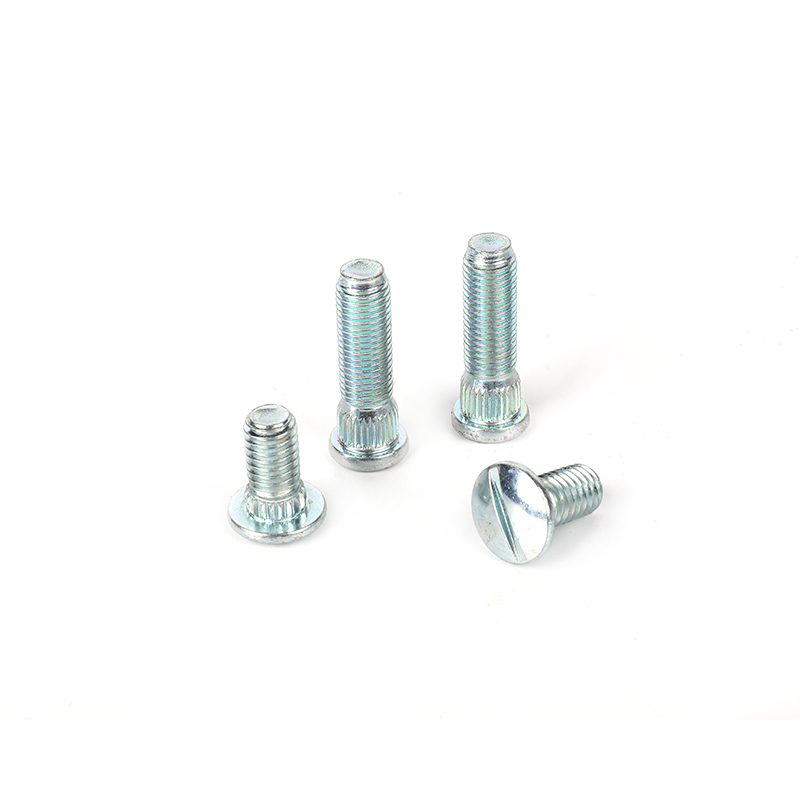

Fix anchorbolts include bolts, washers, nuts and 4PCS cylindrical shields. By tightening the bolts, the shields tubes expand and the components can be...
See Details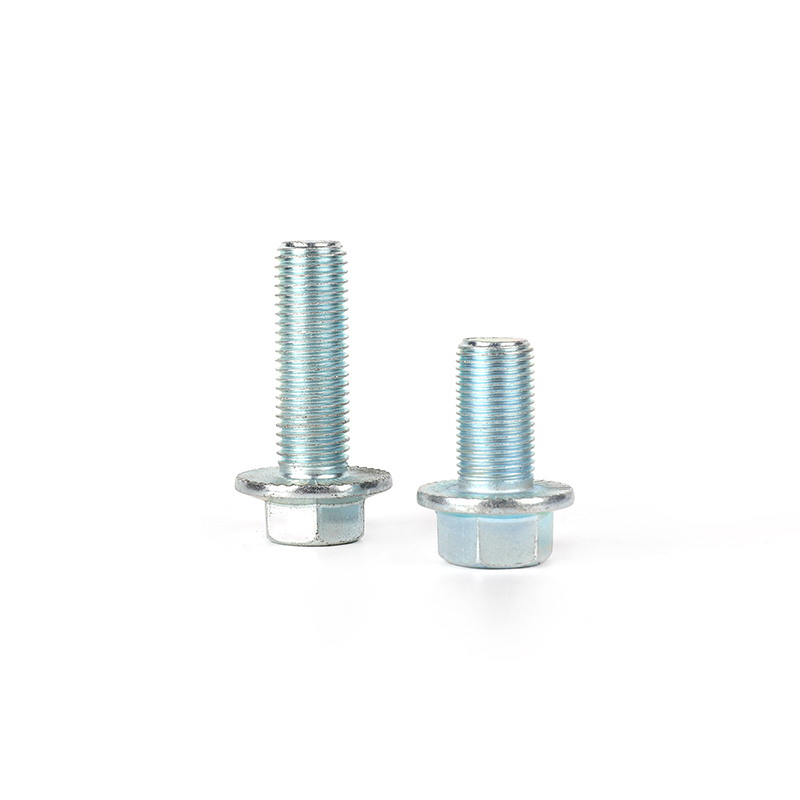
Flange bolts are specially used to tightly connect pipes and components with flanges. We produce flange bolts are solid t and durablethat, compling wi...
See Details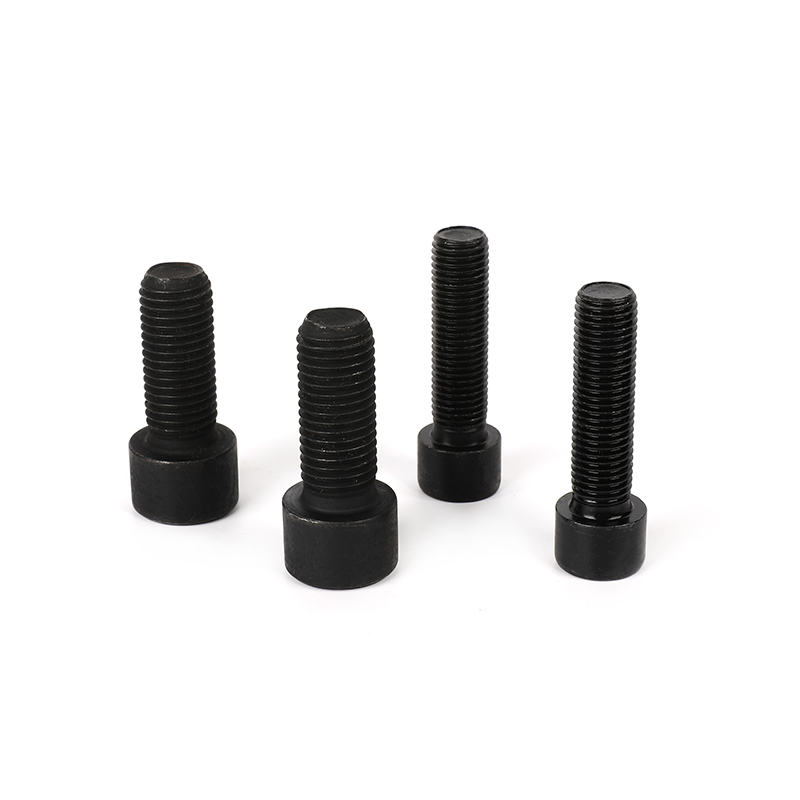
The Grade 8.8 black oxide full-thread hexagon socket bolts have an internal hex design and needs to be used with a wrench with a hex head. Its full th...
See Details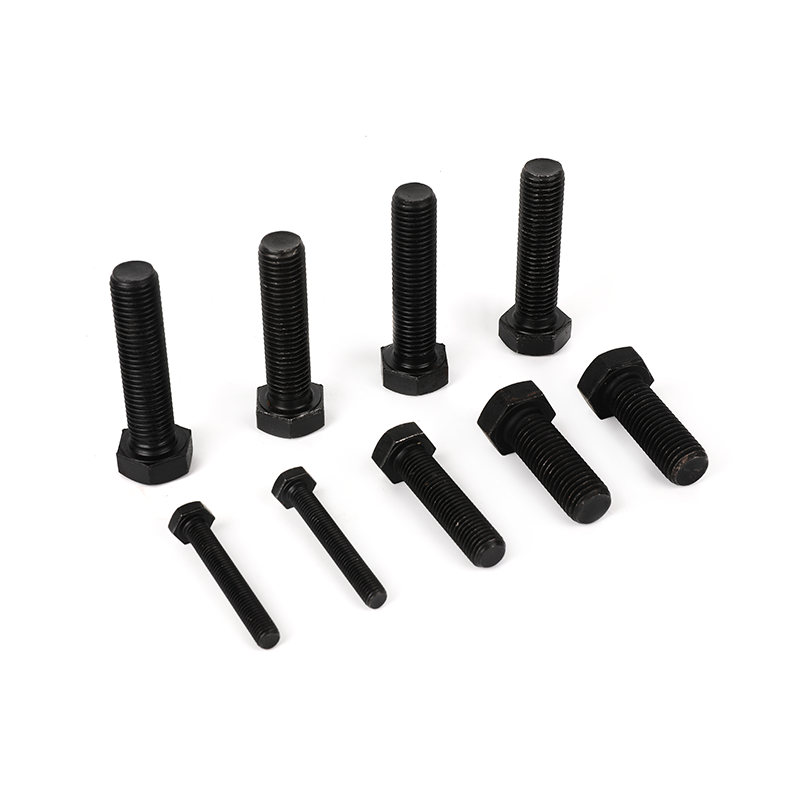
Grade 8.8 black oxide full-thread hexagon bolts is a very common fastener and requires a wrench or hex wrench to tighten it. Our hex head bolt meet th...
See Details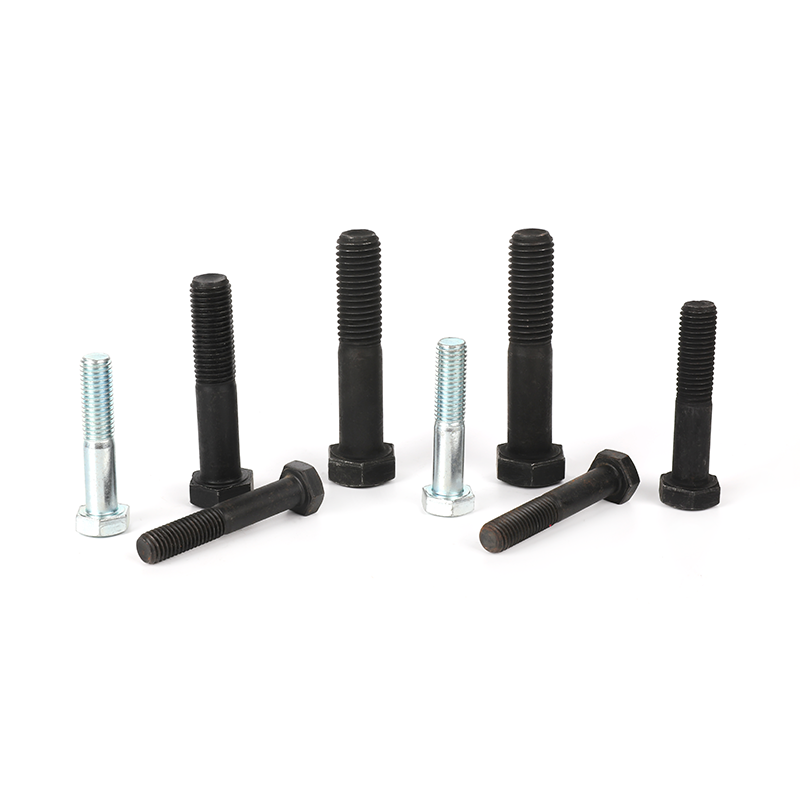
This product is made of high-quality carbon steel and undergoes a rigorous heat treatment process. It has high strength, good elasticity and toughness...
See Details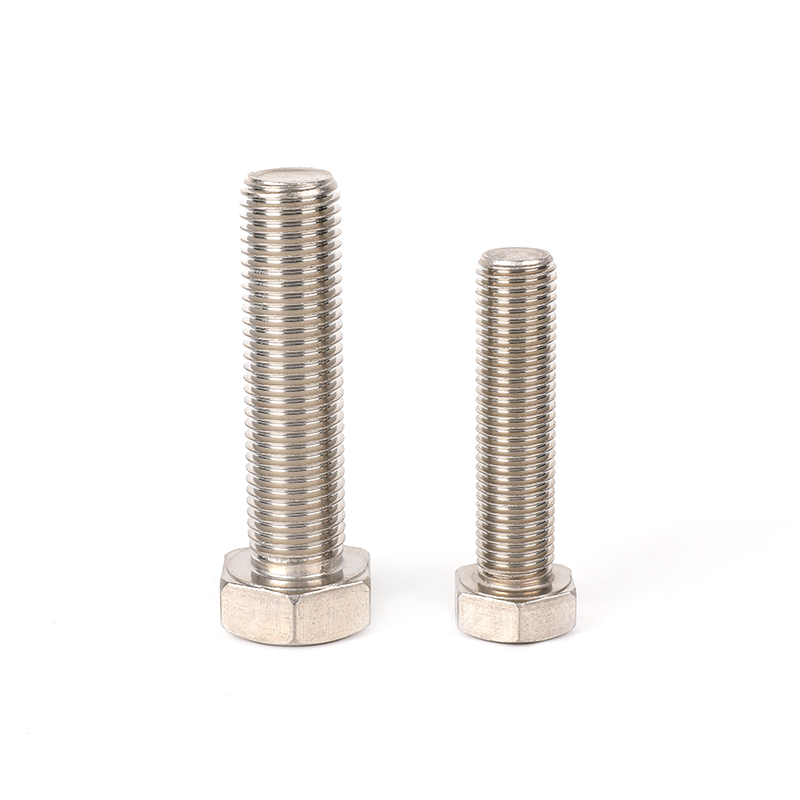
This 304 stainless steel plain full-thread hexagon bolt is a kind of fasteners made of high-quality stainless steel material and has corrosion resista...
See Details
This plain round flat head weld shoulder bolt is a fastener suitable for a variety of welding applications. Its flat head and round head design makes ...
See Details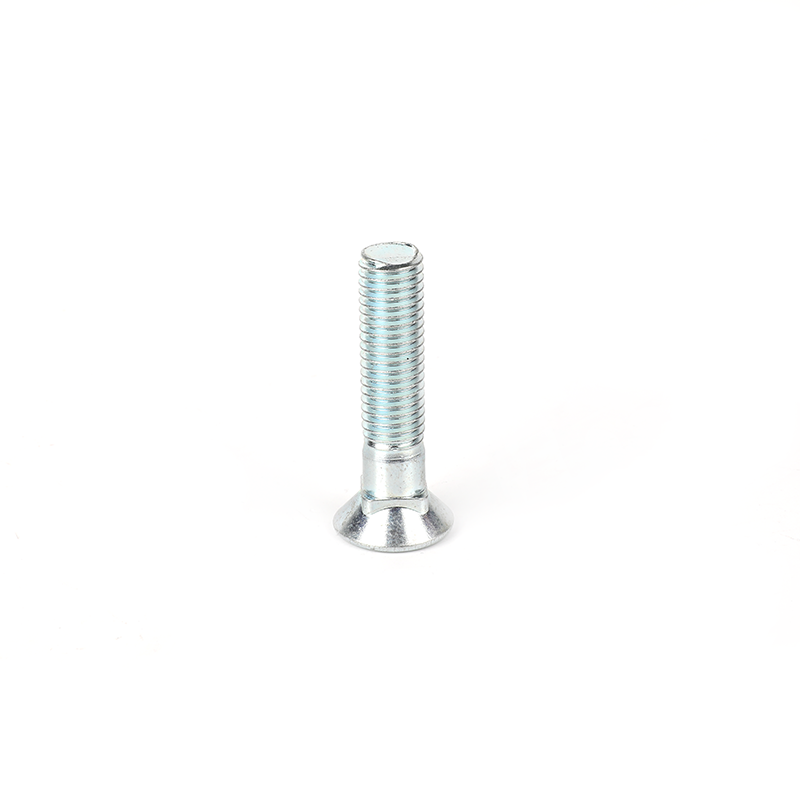
This Grade 12.9 zinc plated countersunk head square neck plow bolt has the advantages of high precision, high operability, high strength, and high ten...
See Details